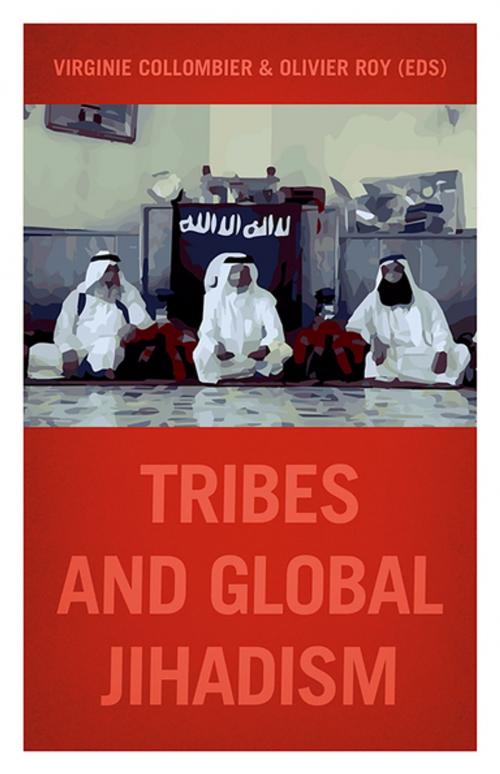Tribes and Global Jihadism
Nonfiction, Social & Cultural Studies, Political Science, International, International Security, Religion & Spirituality, Middle East Religions, Islam| Author: | ISBN: | 9780190911768 | |
| Publisher: | Oxford University Press | Publication: | January 15, 2018 |
| Imprint: | Oxford University Press | Language: | English |
| Author: | |
| ISBN: | 9780190911768 |
| Publisher: | Oxford University Press |
| Publication: | January 15, 2018 |
| Imprint: | Oxford University Press |
| Language: | English |
Across the Muslim world, from Iraq and Yemen, to Egypt and the Sahel, new alliances have been forged between the latest wave of violent Islamist groups ---- -including Islamic State and Boko Haram ---- -and local tribes. But can one now speak of a direct link between tribalism and jihadism, and how analytically useful might it be? Tribes are traditionally thought to resist all encroachments upon their sovereignty, whether by the state or other local actors, from below; yet by joining global organizations such as Islamic State, are they not rejecting the idea of the state from above? This triangular relationship is key to understanding instances of mass 'radicalization', when entire communities forge alliances with jihadi groups, for reasons of self-interest, self-preservation or religious fervor. If Algeria's FIS or Turkey's AKP once represented the 'Islamization of nationalism', have we now entered a new era, the 'tribalization of globalization'?
Across the Muslim world, from Iraq and Yemen, to Egypt and the Sahel, new alliances have been forged between the latest wave of violent Islamist groups ---- -including Islamic State and Boko Haram ---- -and local tribes. But can one now speak of a direct link between tribalism and jihadism, and how analytically useful might it be? Tribes are traditionally thought to resist all encroachments upon their sovereignty, whether by the state or other local actors, from below; yet by joining global organizations such as Islamic State, are they not rejecting the idea of the state from above? This triangular relationship is key to understanding instances of mass 'radicalization', when entire communities forge alliances with jihadi groups, for reasons of self-interest, self-preservation or religious fervor. If Algeria's FIS or Turkey's AKP once represented the 'Islamization of nationalism', have we now entered a new era, the 'tribalization of globalization'?















